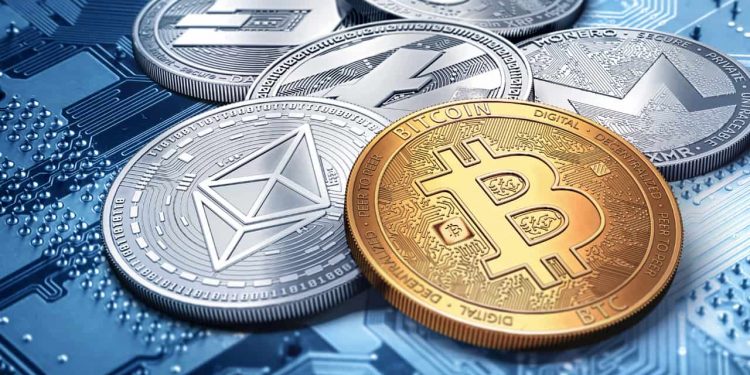Following directives from the Office of the National Security Adviser (ONSA) and the Securities and Exchange Commission (SEC) to delist the naira from Peer-to-Peer (P2P) trading platforms, cryptocurrency exchanges have started implementing the changes. Checks indicate that the naira has been removed as a fiat currency option for transactions on the KuCoin platform. KuCoin has already begun making necessary adjustments to its technology to accommodate the delisting of the naira as soon as practicable.
Reacting to the delisting by KuCoin, Acting Director General of the SEC, Emomotimi Agama, expressed satisfaction with the compliance shown by the crypto exchanges. He described it as a welcome development and reiterated the importance of adhering to national directives. “We are happy that they have started complying with the directives by the NSA. We ask that those involved in sharp practices that undermine national interest should cease and desist. It is in our interest as a people to protect what belongs to us. Anyone that disobeys directives should be ready to face the full weight of the law,” Agama stated.
As the apex regulator of the capital market, the SEC is working closely with the ONSA, the Economic and Financial Crimes Commission (EFCC), and other relevant agencies to ensure full compliance with the directive and to safeguard the integrity of Nigeria’s financial system. Agama emphasized the SEC’s commitment to maintaining a transparent and secure trading environment, urging all market participants to act in accordance with regulatory guidelines.
The decision to delist the naira from P2P trading platforms follows concerns about potential misuse of cryptocurrency transactions for illicit activities that could undermine national security. By removing the naira from these platforms, the Nigerian authorities aim to tighten control over the flow of digital currencies and enhance the country’s financial security.
This move is part of broader efforts by the Nigerian government to regulate the cryptocurrency market and protect national interests. The SEC and other regulatory bodies have been actively monitoring the space to prevent activities that could harm the country’s economy or pose risks to financial stability.















